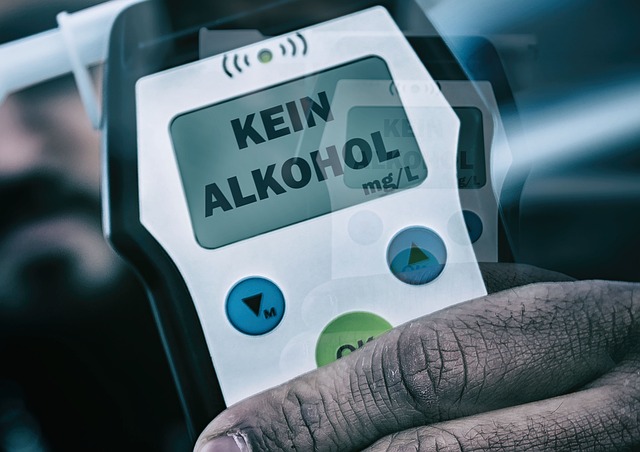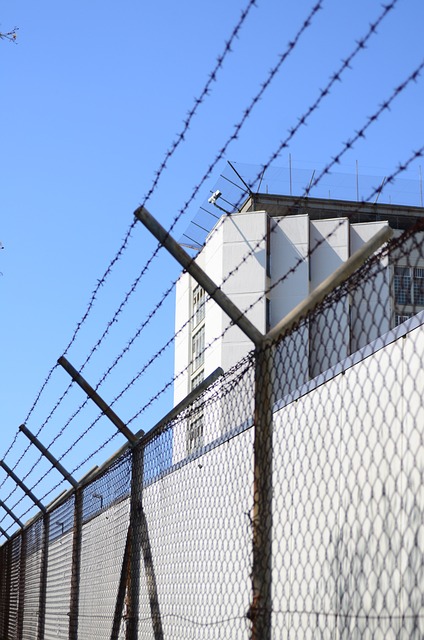Privacy concerns in DUI enforcement globally vary due to differing BAC limits and data protection regulations. Disparities complicate international travel and raise issues with sensitive information collected during stops and testing. Balancing public safety and civil liberties requires harmonized standards, ethical guidelines, and robust legal frameworks. International organizations like Interpol aid unified efforts through intelligence sharing and best practices, aiming to protect privacy while prosecuting drunk drivers effectively.
Impaired driving poses a significant global challenge, with varying definitions and legalities across countries. This article delves into the complexities of impaired driving, exploring legal discrepancies, data collection methods, and international strategies for enforcement. With privacy concerns in DUI enforcement at the forefront, we balance rights and responsibilities in global laws. From defining impairment to implementing effective measures, understanding these perspectives is crucial in mitigating risks and ensuring public safety on an international scale.
- Defining Impaired Driving Globally: Legal Discrepancies
- Data Collection: Privacy vs Public Safety
- International Strategies for DUI Enforcement
- Balancing Rights and Responsibilities in Global DUI Laws
Defining Impaired Driving Globally: Legal Discrepancies

Impaired driving, or driving under the influence (DUI), is a global concern with significant legal and public safety implications. However, defining and enforcing this offense varies widely across countries due to differing cultural norms, historical precedents, and legislative frameworks. While many nations have established blood alcohol concentration (BAC) limits as the primary metric for impairment, these thresholds can differ significantly. For instance, in Europe, the legal limit often hovers around 0.05% BAC, while in the United States, it is typically set at 0.08%. These disparities create challenges in international travel and enforcement, especially with rising global mobility.
Privacy concerns also surface in DUI enforcement due to the sensitive nature of the data collected during roadside stops and testing procedures. Different countries have varying levels of protection for personal information, which can lead to debates over the balance between public safety and individual privacy rights. As a result, individuals may face not only legal consequences but also potential breaches in their privacy when accused of impaired driving, underscoring the need for harmonized global standards that consider both safety and civil liberties.
Data Collection: Privacy vs Public Safety

In the global discourse on impaired driving, data collection plays a pivotal role in enhancing public safety. However, this process often raises critical privacy concerns, especially as law enforcement agencies strive to combat DUI (driving under the influence) through advanced surveillance techniques. On one hand, gathering comprehensive data on traffic patterns and driver behavior can help identify hotspots for impaired driving, enabling targeted interventions. But, on the other hand, this involves capturing sensitive information that could infringe upon individuals’ privacy rights. Balancing public safety needs with privacy protections is a delicate task, requiring robust legal frameworks and ethical guidelines to ensure transparency and accountability in DUI enforcement practices.
The tension between privacy and public safety becomes more pronounced when considering the use of technologies like license plate recognition, facial recognition, and data analytics to monitor driving behavior. While these tools can provide valuable insights for deterring impaired drivers, they also present significant risks of data misuse, false positives, and the potential for discriminatory practices. As such, it’s crucial to have a comprehensive strategy that not only strengthens road safety measures but also safeguards citizens’ privacy in the digital age.
International Strategies for DUI Enforcement

Many countries have implemented international strategies for DUI enforcement, recognizing the need for a unified approach to combat drunk driving across borders. These efforts often involve sharing intelligence and best practices among law enforcement agencies worldwide. For instance, global initiatives like the International Criminal Police Organization (Interpol) facilitate the exchange of data on intoxicated drivers, helping nations identify repeat offenders who cross international lines.
Privacy concerns in DUI enforcement have also prompted discussions at an international level. Balancing public safety with individual privacy rights is a delicate task, especially when it comes to surveillance and data collection methods used during DUI operations. Some countries have established guidelines and regulations to safeguard citizens’ privacy while ensuring effective drunk driving prosecution, reflecting a global trend towards more transparent and accountable DUI enforcement strategies.
Balancing Rights and Responsibilities in Global DUI Laws

In the global landscape of DUI (driving under the influence) enforcement, balancing rights and responsibilities is a delicate act. As countries strive to curb drunk driving, privacy concerns in DUI enforcement have become a significant point of discussion. On one hand, law enforcement agencies need access to personal information to identify and apprehend offenders effectively. This often involves tracking device data, blood test results, and driver’s license records—all of which raise privacy red flags. In many jurisdictions, these measures are justified under the premise of public safety, but critics argue that such extensive data collection could lead to overreach by authorities and infringe on individuals’ right to privacy.
Global DUI laws must navigate this tension between public safety and individual freedoms. Striking a balance requires clear guidelines and oversight mechanisms to ensure that privacy rights are not compromised unnecessarily. This includes robust data protection regulations, transparent processes for information sharing among agencies, and independent bodies to monitor and audit law enforcement practices. By adopting these measures, global DUI enforcement can better serve its purpose while respecting the fundamental right to privacy.
Global perspectives on impaired driving reveal a complex web of legal discrepancies, privacy concerns in DUI enforcement, and competing rights and responsibilities. While international strategies show progress in combating drunk driving, navigating these disparities requires a delicate balance. Addressing privacy issues while ensuring public safety is paramount for effective global DUI laws. By harmonizing definitions, data collection methods, and enforcement strategies, countries can work together to prevent impaired driving and protect lives on a global scale.






